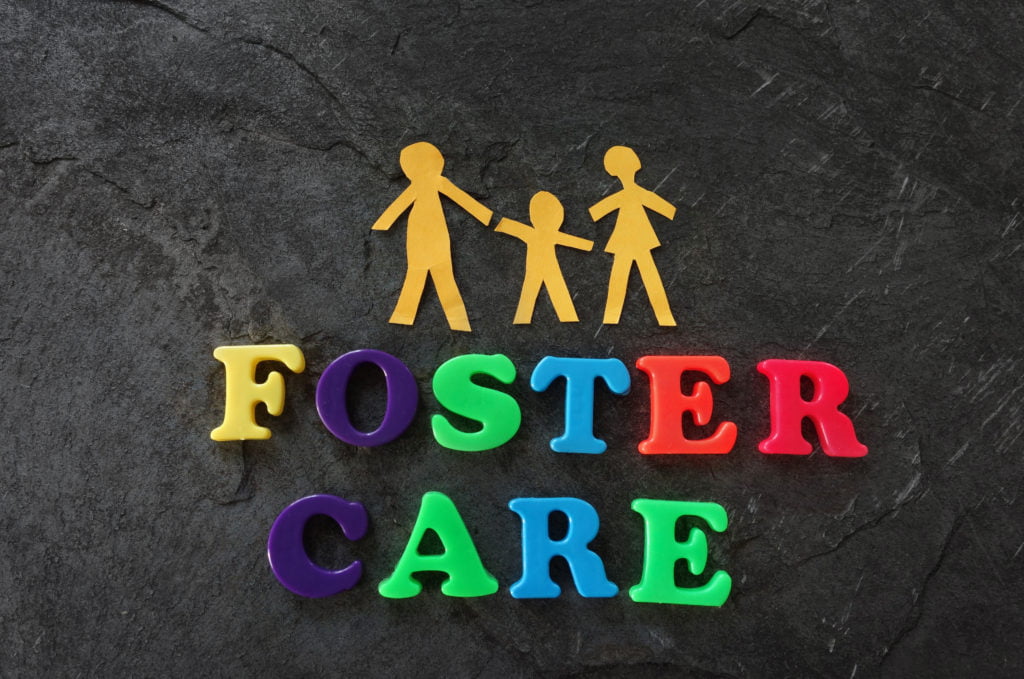Most people know at least a little bit about the Medicaid program and what it’s all about. Medicaid is a federal and state program. It helps with medical expenses for someone who doesn’t have very much in the way of resources and income.
Medicaid works very well as a safety net for some older adults. For instance, those who live in nursing homes or assisted living facilities often use it to cover the associated costs. One of the reasons the government set up Medicaid was to help adults who need personal care services later in life.
However, it’s not always easy to get your Medicaid coverage. Here’s what you need to know about the program.
If You Reside in a Nursing Home, There Are Strict Medicaid Rules
If you live in a nursing home, then there are rules you need to adhere to if you’re going to continue receiving Medicaid and benefitting from it. If you get it, you need to spend most of your income on the care you get. You can keep up to $50 that you receive as monthly income.
This helps with things like:
- Telephone calls
- Personal grooming needs
- Clothing
- Toiletries
In other words, if you reside in a nursing home, to keep getting Medicaid, you need to put almost all of your income toward your care. The only money you can keep is for necessities. If those in charge of the Medicaid program feel that you’re violating these rules, they can cut you off.
You Can Get Cut Off if Your Income Rises
Let’s say for a moment that you’re living in a nursing home, and you’re getting help from Medicaid to cover the costs. You have limited income, but suddenly it rises, or you receive more assets. That might be because:
- A relative leaves you an inheritance
- You win a court settlement
- You sell a house or other property
To keep getting Medicaid, you must have a need threshold. The program exists to help those with minimal resources.
If state and federal governments determine that you can cover some of your bills yourself, then they won’t be willing to let you continue using Medicaid for a safety net. They will pass you over in favor of others who have less.
You Must Fill Out an Annual Renewal Form
To determine who should get Medicaid and who is not as deserving of it, you need to fill out forms each year. These are like applications for Medicaid to determine eligibility.
The government will ask you lots of questions, many of them having to do with your living situation and assets. If you’re destitute, then you’ll probably be eligible to continue getting it.
If you fail to apply, though, then they can cut you off. That’s why you have to make sure and do this at the appropriate time if you want to avoid any payment gap.
If you fail to complete your application every year, your payments might lapse until you can correct the situation. If you’re feeble or ill and can’t do it yourself, then you need to figure out whether a relative or someone else can do it for you.
It Varies from State to State
You should also know that the Medicaid rules vary slightly depending on the state in which you reside. Suppose you’re an older adult living in a nursing home, and you have limited resources. In that case, you’ll probably be eligible if you make sure to fill out the right forms during the designated enrolment period each year.
Some others may or may not have eligibility. Those could include groups like children in foster care, various low-income adult groups, and people receiving home and community-based services.
Some states are more relaxed about eligibility, while others have more stringent rules.
You Can Sometimes Get Kicked Out of a Nursing Home
It doesn’t happen very often that a nursing home discharges an older adult against their will. If your Medicaid runs out, though, and you have no other income source, then it is not impossible.
These cases are quite rare. In theory, if you have no assets, then there’s no reason why you shouldn’t have Medicaid eligibility. That’s why the government created this system.
If you’re facing this crisis, then a court might grant you an injunction until you can appeal the decision. It will help to get a lawyer or public defendant to help you try and sort things out.
